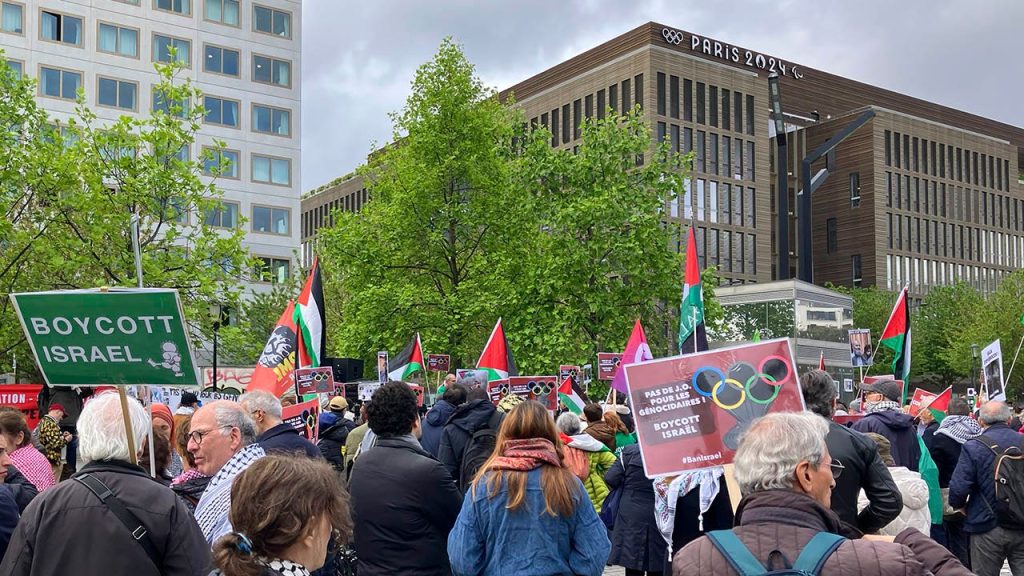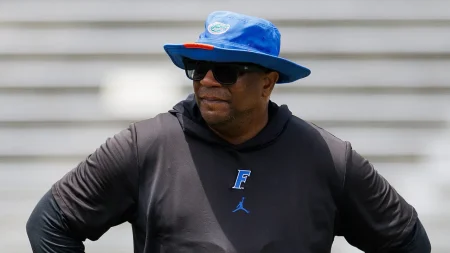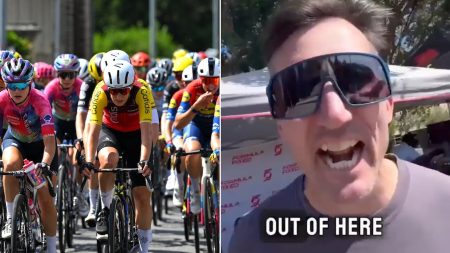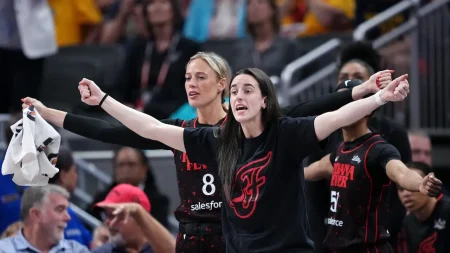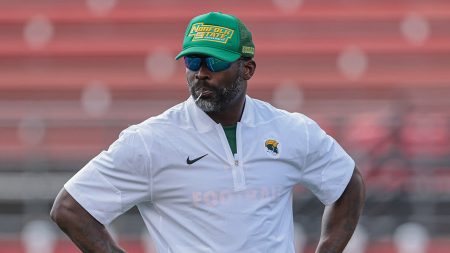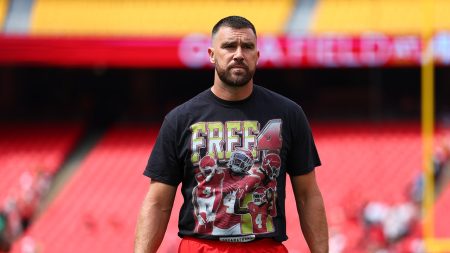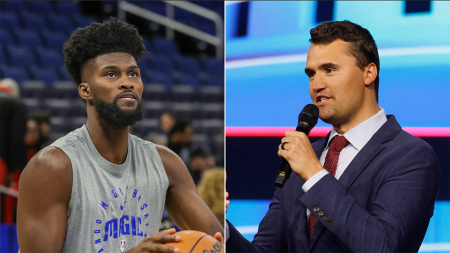Around 300 demonstrators gathered outside the Paris Organizing Committee for the Olympic and Paralympic Games offices to demand strict limits on Israel’s participation in the upcoming Olympics. Protesters were focused on the participation of Israeli athletes, with some citing the ongoing war in Gaza as they chanted slogans opposing Israel’s “institutional participation” in the Games. Russian athletes will compete under a neutral flag this summer, with none of the country’s government officials allowed to attend the Games. Protesters argued that Israeli athletes should follow similar protocols set by the International Olympic Committee following Russia’s invasion of Ukraine.
Nicolas Shahshahani, a participant in the protest, criticized the decision to allow Russian and Belarusian athletes to compete in the Olympics despite the invasion of Ukraine, contrasting this with the treatment of Israel. French President Emmanuel Macron has previously defended the participation of Israeli athletes under their country’s flag, arguing that Israel was responding to a terrorist attack in Gaza. The protests in Paris took place in the context of anti-Israel agitators inspired by Gaza solidarity encampments at U.S. campuses staging protests and attempts to occupy buildings at France’s prestigious universities. The Olympics in Paris are set to begin on July 26, with the Paralympics scheduled from Aug. 28 to Sept. 8.
The protesters’ demands for limits on Israel’s participation in the Olympics come amid ongoing tensions surrounding Israel’s offensive in Gaza since Oct. 7, when Hamas-led militants attacked southern Israel, resulting in numerous casualties and abductions. Critics argue that Israel’s actions against Gaza should disqualify them from participating in the Games. However, French President Macron has defended Israel’s participation, stating that they were responding to a terrorist attack. The protests in Paris followed similar anti-Israel demonstrations inspired by solidarity movements in the U.S., highlighting a global concern over Israel’s presence in the Olympics.
The decision to allow Russian athletes to compete under a neutral flag sparked controversy, with some protesters criticizing the International Olympic Committee’s selective enforcement of rules regarding countries involved in conflicts. Comparisons were drawn to the swift decision to ban Russia and Belarus from the Olympics after the invasion of Ukraine, contrasting with the treatment of Israel. French President Macron’s support for Israeli participation despite the offensive in Gaza reflects a political stance that emphasizes Israel’s right to self-defense. The protests outside the Olympic Committee offices aimed to draw attention to these issues and pressure organizers to impose restrictions on Israel’s participation in the Games.
The participation of Israeli athletes in the Olympics has become a contentious issue, with protesters in Paris and other parts of the world expressing concerns over Israel’s actions in Gaza and calling for limits on their involvement in the Games. The protests underscore broader debates about international relations, conflict resolution, and the role of sports in addressing political issues. As the Olympics in Paris approach, the controversy surrounding Israel’s participation is likely to continue, with activists and athletes alike voicing their opinions on the matter. The outcome of these protests and the response from Olympic organizers will undoubtedly shape the narrative surrounding the upcoming Games and the geopolitical tensions they encapsulate.




